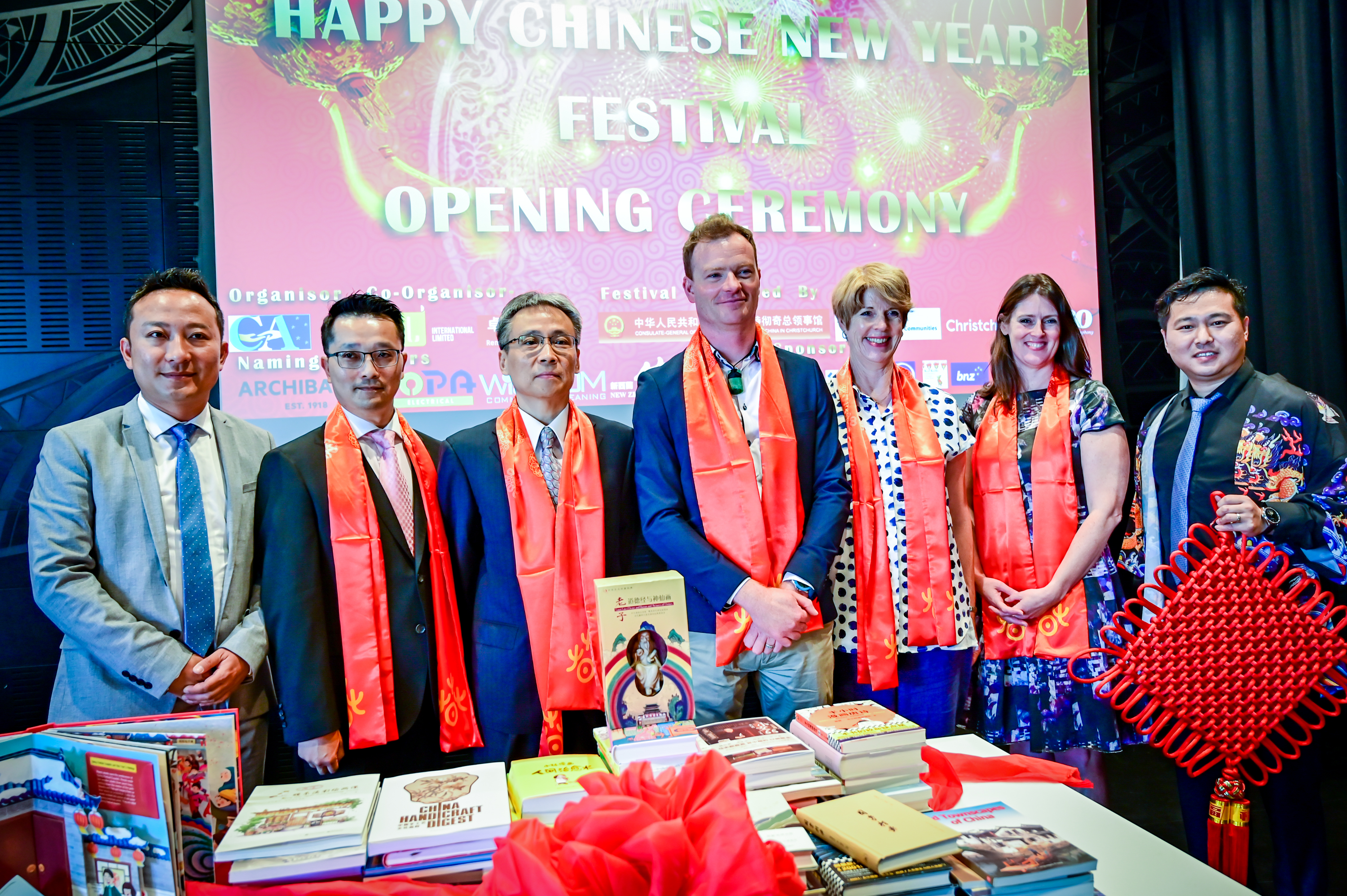Departing Executive Director Stephen Jacobi shares some final thoughts about the future of the relationship.
No one can predict exactly what’s ahead for New Zealand’s relationship with China, but one thing is clear. For the foreseeable future at least, China will become increasingly important to New Zealand. To suggest otherwise is to ignore the role China now plays as a global power, and our place in an increasingly interconnected Asia Pacific.
This presents us with tremendous opportunities, but also significant challenges. To remain a truly valued and respected partner, we must find new ways to build relationship capital with China in areas beyond our traditional two-way trade in goods and services.
Of course, trade remains the critical underpinning of New Zealand’s economic prosperity and trade with China will likely continue to grow. Last year, we became China’s top food supplier globally, ahead of both Australia and the USA. China wants to buy what New Zealand has to sell, and there is, fortunately, no reason to believe this will change any time soon.
We need to continue to nurture our strengths in our key export sectors which generate the returns we need to fund economic and social development back home. It’s harder than many commentators seem to realise to add value to the things we sell overseas, but genuine progress is being made. The dairy industry, for example, is acutely aware of the need to diversify and much of what we sell, from cheese to infant formula, are premium products.
The next generation of consumer offerings, particularly in the natural health sector and in the digital and creative space are now being established by people who have the benefit of family and personal connections back in China. As young people from both countries become more familiar with each other’s culture and language, this diversification in our trade will continue.
The real risk to New Zealand’s relationship with China, in my opinion, comes less from having all our eggs in one Chinese basket, as some suggest, but rather that we focus so much on trade and the economic dimension that we underinvest in other, important areas.
Three new areas of opportunity that New Zealand can leverage include cooperating with China’s Belt and Road Initiative (BRI), partnering on programmes to tackle the threat of climate change and greater cooperation in science and technology.
BRI is China’s project to promote development-led growth between China and the rest of the world. BRI is not just about infrastructure: it’s a framework for expanding connectivity amongst all the BRI participants. We can’t build a physical bridge between China and New Zealand – we can find ways to help goods, services, people and capital move along the Belt and Road.
An initiative where New Zealand can add real value due to our unique geographic location and the expertise we have developed as a result. Thanks to our existing ties with both China and South America, the concept of New Zealand as a ‘Southern Link’, or major conduit between the two for trade, travel and tourism is now gaining traction especially in moving e-commerce parcels between China and South America through Auckland.
On climate change, Minister Shaw has spoken of the potential for the joint research agenda between China and New Zealand to become a global example for others to follow. We have a huge advantage in renewable energy generation, an area in which China is investing aggressively. China has expertise in electric vehicles. Greater cooperation to bring down emissions in both countries will give each of us a stake in solving a massive global problem.
More broadly in science, the health sector has given us a template for how we can partner with China in new ways. Recently, a group of health researchers and experts from Shandong province met with the Waitematā District Health Board to open lines of cooperation from hospital and nursing practices to data and technology application. The commercialisation of local knowledge and research with Chinese partners is an area we’re only just beginning to explore.
The more we expand the range and depth of these links with China, the more we can build up our relationship capital and help our Chinese friends see us as a more than just a provider of goods and services that one day they might choose to get elsewhere.
I am confident our relationship can also withstand our obvious differences in serious issues like human rights and regional security. While in 2019 these differences have been thrown into sharp relief a number of times, New Zealand has not been silent on the values we hold. The task ahead is to strengthen our capacity to make our independent voice heard including with big global players like China.
The point is we can effectively de-risk the entire relationship by looking actively for new areas of cooperation. This will not only help alleviate risk from a trade perspective: importantly, it will also help us negotiate points of political difference more maturely and effectively.
This is New Zealand’s real challenge with China. Maintaining our most important trading relationship by building strength and resilience into areas beyond trade. This is the only way for New Zealand to see beyond its obvious differences with China to what can be achieved for the long-term benefit of both countries.










